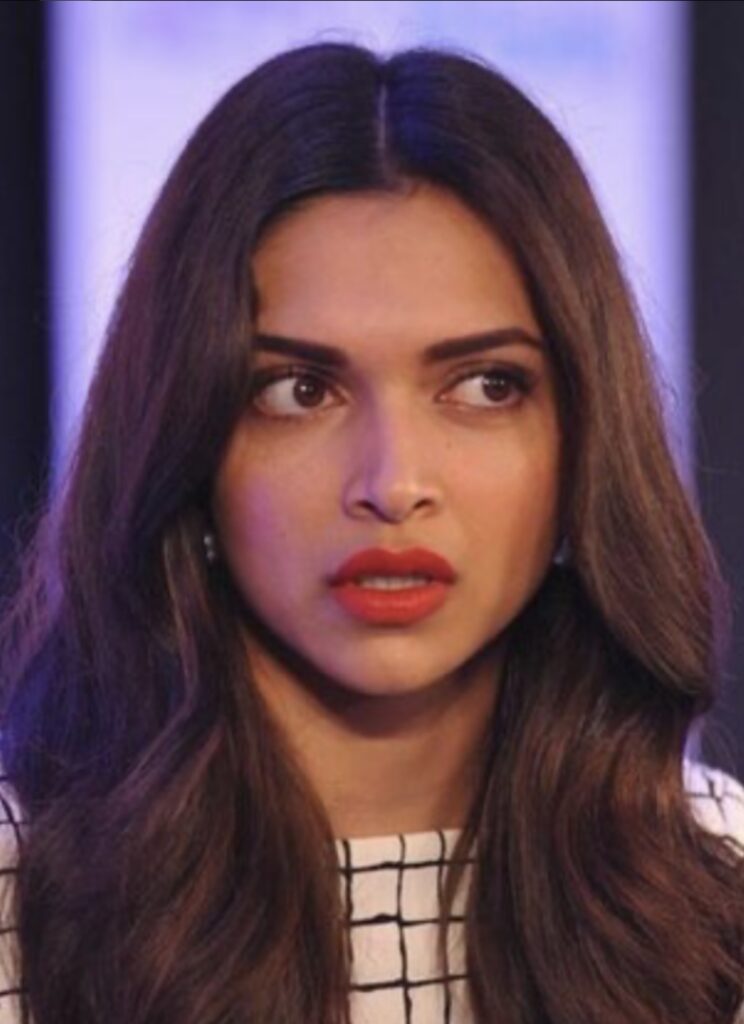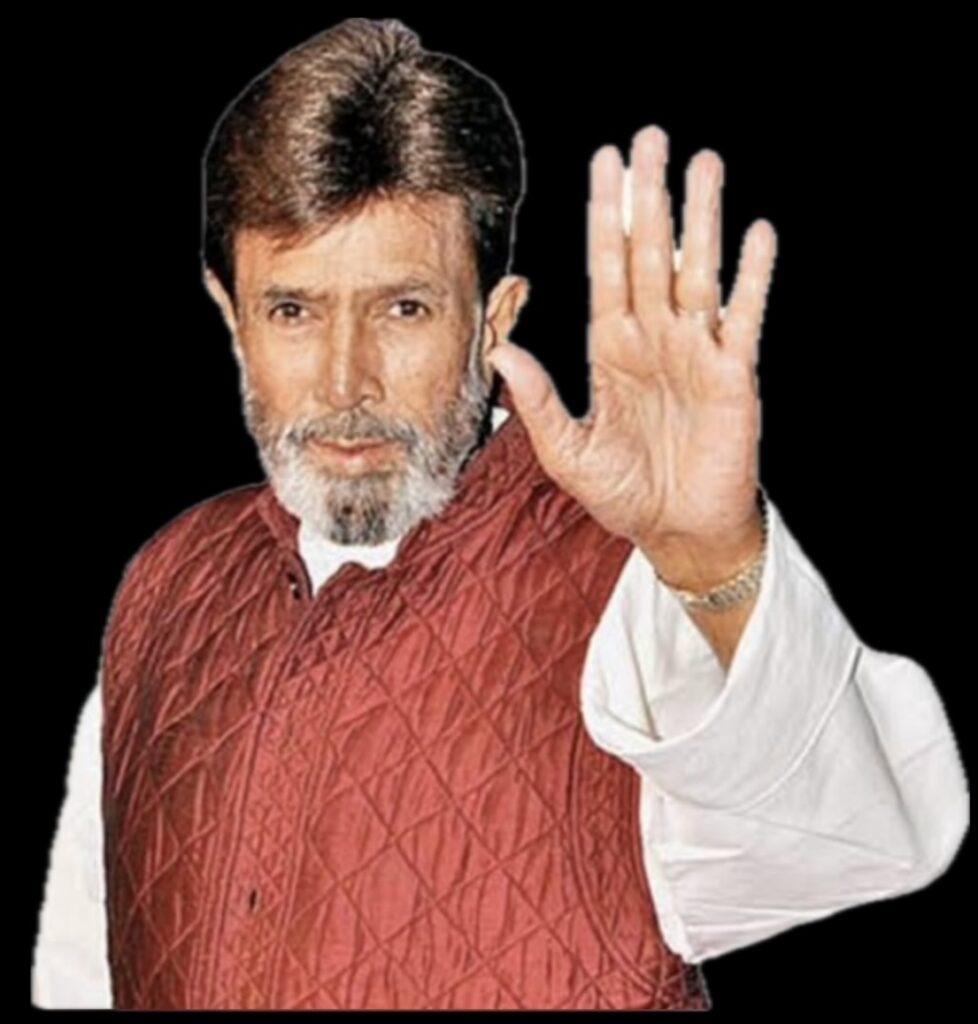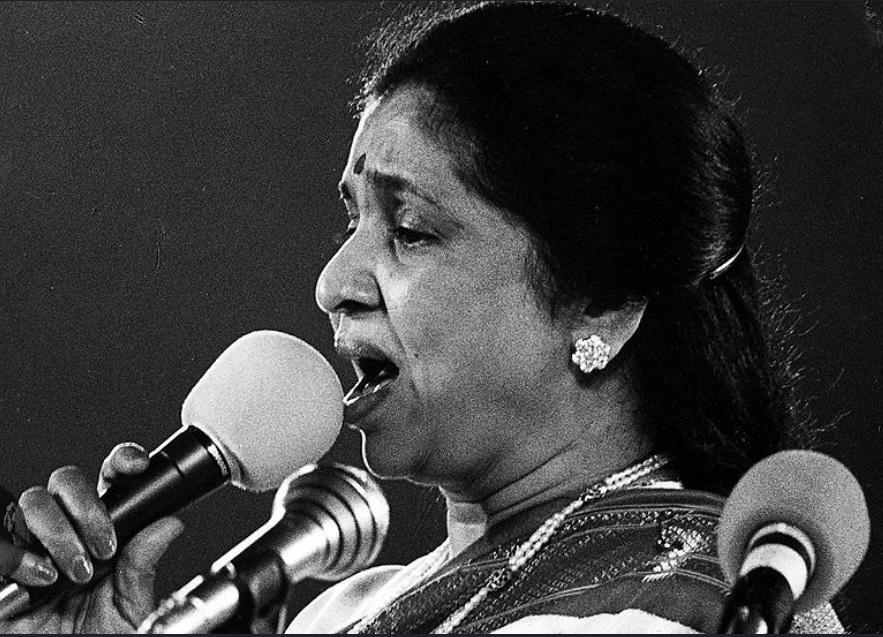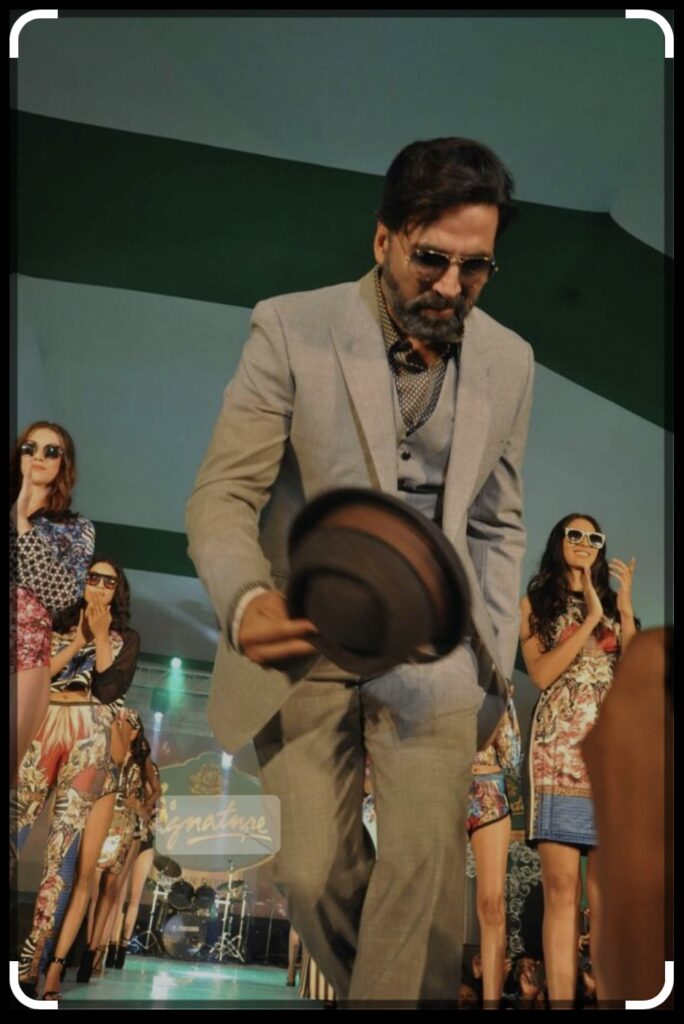Namaste, Dear Music Lover,
Today, we’re posting about the idea of what motivates a singer (generally) and how important it is to have such matters fully under control prior to a performance (live or in-studio). So this is also a play on words, by citing the familiar filmy term “motivation” as often used by aspiring new actors working to ‘dial into the emotional heart of a role’ and thereby to give a situation its appropriate degree of pathos, joy, or whatever emotional tone best befits the character and the cinematic moment/script.
Please note that via the phrase “dial into” we are certainly not implying any notion of “phoning in” a performance! We mean calibrating/adjusting our vocal emotional content/affectation, per the director’s brief. For any given role, scene context and story, most directors would likely agree that there is so much (or so little) pathos, glee, or so much of whatever other appropriate emotional tone befits the dramatic or theatrical/cinematic context of the song.
Our task as a playback singer is to imbue the lyrics with just the right emphasis or mood to fit the moment. As I’ve shared elsewhere, if one is in doubt, it’s usually a simple matter to seek clarification from the (music) director, although for the most part, we are expected to keep a solid grasp on the songs we’re hired to record, going into the session, without much detailed instruction. In most instances when working with a legendary music director like Pritam Da or Anu Ji, the path forward is usually rather obvious, and we (the hired talent) have little to no doubt what is wanted for the given character and song, as well as its moment in terms of the greater plot/story (meaning in its context).
However, because there is no universal preparation process for filmy situations and roles, actors have often been heard asking a director or producer for their best guidance, and often such requests take the form: “What’s my motivation (here, in this scene/moment)?” (addressing the director). This ask has even become somewhat of a joke, meant to mock inexperienced actors.

Nowadays, this is surely a canard to be avoided, other than in jest, and I can tell you that recording sessions aren’t often good times for joking. Like film shoots, these are usually quite-costly affairs, and very much all-business (except when an a-list actor stops by for a lighthearted “hello and good luck” visit—e.g., when he or she is invited or perhaps co-producing).
So we’re speaking more generally now; asking you, Dear Music Lover (rhetorically, of course), “What motivates us as artists to sing, act, dance, etc. for your best cinematic experience?” Obvious answers may include, “It’s your job, silly.” Or words to similar effect, like “You’re playing the female lead character’s part,” or something similarly obvious.
To put a cap on the confusion, we can answer in round terms that we are always motivated to do what we do from and for multiple purposes and objectives… So, in order to begin to sort it all out, let’s examine a few of these…
Surely every artist takes pride in doing their best work each time they’re hired. No one in the creative arts or endeavors expects total perfection for every actor or musician for every scene of every role of every movie, stage play or TV series episode. While each performer should and will have somewhat lofty professional standards and will endeavor to maintain their highest levels of excellence in every appearance, not every role will play out perfectly, for one thing, owing to the fact that generally it’s not a one-person scene (i.e., others can help to make or break it), and therefore various aspects involving other artists and creative staff will impact the overall quality of the work, plus each human will have her or his better days, and these don’t always line up perfectly with every performance’s time and place.

As in all performing arts, every working day/night one must produce optimal results in a take or two (i.e., must be fully prepared). One thing to carefully consider is that, while we as artists may be required to travel great distances simply to take part in the work we do, also audiences may be sacrificing and going to great expense for tickets and/or to reach our performances, live, recorded, or perhaps pre-recorded and streamed to the audience. Top producers and directors may remind us to take these possibilities under advisement.
So what this implies is that every time we work, we should treat each rehearsal and actual performance with requisite vigor, energy, and professional skills to ensure that a) we can feel good about our work, b) our performance only adds and doesn’t detract from that of the others taking part, and c) the end result for the audience is as good as it can be for their enjoyment and long-term satisfaction with or interest in attending and enjoying (we hope!) our work.
The bottom line for all of this sort of “how should we” business, other than the obvious “giving it our best efforts and skills”, is to be confident that we also achieve the right balance between youthful energy or plain enthusiasm along with mature or seasoned perspective that will help to carry a show through its final conclusion, with audiences not merely appreciating us as performers, but also remaining hungry for more movies, songs, dance scenes, storytelling, etc. in order to provide quality entertainment to everyone who wants it—on timely, consistent bases, for as long as we’re involved and audiences are interested to be entertained. These factors imply both worker (our) satisfaction and audience appreciation. Rather idealistic, right? Still, two main goals in industry are to be vital and valuable.

While it bears repeating (and surely we’ve raised the topic previously here), audience love and appreciation for our singing, actors’ acting and dancers’ dancing in Bollywood movies is essentially the KEY FACTOR that most performing artists note as pivotal in their decision to pursue a career in the lively arts. Or, Dear Music Lover, have we even more thoroughly confused you?
If so (and our apologies to Deepikaji and Ashaji; these images were out there on the ‘net, and we wanted some visuals to go with this post), let us try another approach to this ‘motivation’ topic. So, stated more succinctly, this audience feedback is our motivation… as I’ve said it before here, we do it all for YOU, Dear Movie/Music Lover! Also, we do it for ourselves and to please each other, but without a fully-involved audience, the whole process fails, and can end abruptly.
I must admit that, until I’d experienced the remarkable feelings of receiving warm greetings and endless audience love and support from reaching millions of viewers on Indian reality TV, I felt less connected to the millions who tuned in to our broadcasts on Indian Idol, Sa Re Ga Ma, etc.
But even after the initial deluge of well wishers and fans who chimed in with their own kind appreciation subsided in 2006, I realized that my decision to become a playback singer was the right one. Apparently others agreed, and for this I’m eternally grateful, since words fail to convey the warmth and loving support that has made my own professional music journey so very rewarding. Thanks so much—again!!
The many disruptions and inconveniences brought on by the Covid-19 pandemic have been very hard to endure and changed my work life quite a lot, but one cannot dwell only on past experiences when looking for future accomplishments… and I have seen solid love and support for what I do from coworkers and audiences in addition to family and friends. For this I remain eternally grateful (and hopeful that India’s movie business will continue to rebound from Covid-19, and to ascend to even greater heights)!
The fact that I occasionally get to interact with such impressive, accomplished movie stars and directors only adds to the many blessings. As others have suggested, some might consider doing this work for free—just to associate with the great talents with and for whom we’re called to perform.
I’m joking, but naah!—Joy isn’t everything. We need to be paid also, lol. Yet, even Bollywood’s top-earning box-office giants are among the first to point out that they also do this work not merely as a job to earn income, but to create a lasting legacy of works of art that inspire and entertain, as we noted in my last post about the passing of another movie music legend. Her aim as an artist was true; Lata Ma’am had more or less intuitive abilities to fit her vocals to the character and scene, as well as to fit the notes into her vocal range. I strive to achieve a similar level of excellence every time I’m called for my abilities. Of course it’s fairly well known about me that I also have much love and admiration for Asha Ma’am (her equally gifted playback singer sister).
As a singer (and now blogger, I suppose—this one being my roughly 100th post, but who’s counting?) who’s worked in the cinematic arts for over a decade, I can tell you Dear Music Lover that not every project presents challenges and opportunities identical to prior ones. Some challenge our technical abilities (aka “chops” referring to purely skill-related issues), others are more emotional/storyline intensive… and yet other opportunities may involve quirky aspects for such as a comedy context, where really anything goes, only limited by the other participants’ imaginations/sense of play. I’m glad that my first playback appearance was comical, because nearly everyone with a classical music background (like I had) can probably relate to the fact that artists often tend to take themselves a bit too seriously.
My point is here is that artists must enter each project with open minds and willing attitudes in order to give projects the best mixes of any/all of the above factors/performances—anyway, these are our basic goals each time we do this work.

While it’s not a daily practice for me to gush on and on about audience love and support, I admit that, being somewhat emotional by nature/birth, I do become emotional at times, and these times may include live singing moments—where one’s usual practice is to remain somewhat emotionally detached from the work (and audience in general), so as not to unduly color the work product one way or another. Okay, we all prove our humanity at various times and places.
However, obviously all fastidious attention to details outside the official scope of any paid work can yield diminishing returns, and certainly not everything in the arts is (nor should it be) predictable. (I also insist upon the right to be thrilled by audience reactions fully appreciating our work! THANK YOU, THANK YOU, THANK YOU!!! I hope that’s crystal-clear appreciation.)
Given the preceding somewhat-lengthy recitation, you may be wondering, ‘So rather than describe how it all isn’t predictable or categorical/subject to strict standards and organization, what gives a singer an edge when preparing her or his part in a song?’ Whether you’ve been wondering that (or something similar) or not, we can share a few ways to make the process at least feel more controlled or systematic.

What I’ve personally found is that while audience appreciation is generally a given/fairly predictable, few dramatic, romantic or even comedic roles have only a single layer of emotion/moral tone, and therefore can be fully predictable in terms of how to deliver the lines (here we mean as a singer, but this is often very similar to or exactly like how the relevant actor portrays the dialogue/lyrics). So we often say in the industry: adjust accordingly. (I delve into this in a previous post here about finding the right emotional tone.)
Therefore yet again, both the matters of practice/preparation and checking with the author/director for guidance are perhaps needed in similar or equal measure to make one’s vocal takes ‘just the right fit’ for the roles/movies/actors involved.
Namaste,
♫ AM ♫
